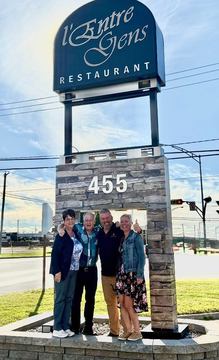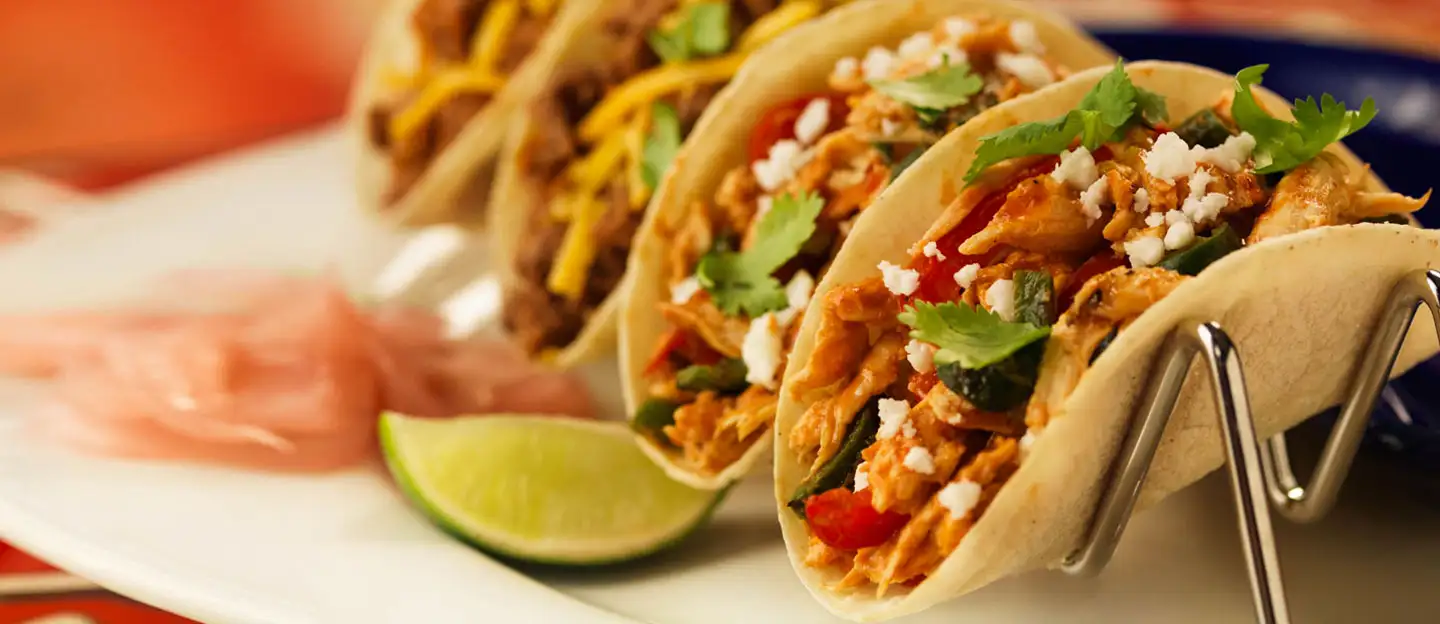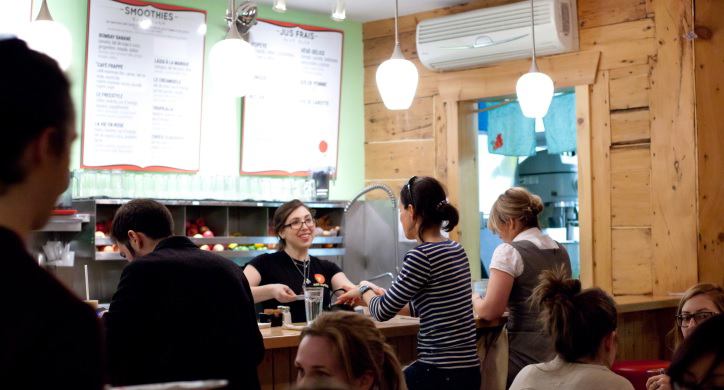
It is obvious that there will be a before and an after. Exactly as we experienced it for the September 11 attacks on tourism and travel security. This time, the repercussions will also affect the restaurateurs. They will now have to face a new reality in addition to having to learn from the crisis we are experiencing.
When all of this is finished, as soon as possible, we hope, will the consumer have changed his habits? In what ways? And the restaurant owner, how should he adapt his offer to attract customers held in confinement for long weeks?
Consumers
First, will consumers want to stay at home when the deconfinement is official? They will probably be afraid of meeting and meeting people for a while longer and they will always have in mind social distancing measures. These measures should also become the norm in our "new" society.
And as the pandemic has pushed many into unemployment and depends on government support, it is possible that the budget will be reduced as much as possible. Expenditure on leisure and restaurants is very often the first to go to the wringer.
But the opposite is also plausible. Consumers will have waited so long to see family and friends again that they are probably already busy hosting the biggest party, everyone together, at their favorite restaurant.
Self-sufficiency
This crisis hides another possibility, which could give restaurant owners a hard time. What if consumers really become self-sufficient, as Prime Minister François Legault wants to some extent? During all this time in quarantine, people first developed enough cooking tips to do without restaurants. To see the empty shelves of grocery stores in the row of flour, there is something to wonder about indeed. They rediscover the pleasure of yesteryear making their own bread and family recipes.
With the arrival of good weather, they have also started landscaping their garden where they can pick vegetables for the summer. They are already thinking of a means of conservation, such as fermentation, for the winter period.
So consumers, when the sanitation is lifted, may simply want to have family and friends at home and prepare something they have had a long time developing!
Restaurateurs
So, with these possibilities, what should restorers do? How should they modify their offer in order to attract consumers to their establishments?
First, do we know how many businesses will be able to reopen and what proportion will be forced to close forever, having not been able to keep their financial situation afloat now?
Those who will continue to do business will have to keep in mind the social distancing measures hammered for many weeks by Dr. Horacio Arruda. They will have to ask themselves the question: can my restaurant be profitable even if I eliminate a few tables and leave more space between each guest?
They will also have to keep the same extraordinary sanitary measures that they put in place from the start of the crisis: employee and customer hygiene, kitchen equipment, doorknobs, payment tools, etc.
Local purchase
The various levels of government have often mentioned this in the past few weeks, it is important to encourage local purchases and invest in local producers to ensure a perfect recovery of the economy.
Restaurateurs therefore have an essential responsibility in this revival: they must immediately find these local suppliers and immediately offer their products on the menu.
For a while, it is obvious that there will be a price war between restaurants in the same city in order to win back the hearts of consumers and attract them to their dining room as before. This is why the search for new local producers becomes important and that they will have to be chosen intelligently.
This responsibility to put forward local products will have a doubly beneficial effect:
1. Attract customers to the dining room and give jobs to more cooks and waitresses
2. Make known local producers who can in turn increase production and hire more workers.
Technology
Another lesson that restaurants will have to learn from this crisis is their evolution and their adaptation to the technological side of their management and their offer.
In all areas, in Quebec, online orders experienced strong growth during the crisis. However, it is not all merchants who were ready or who already had a transactional site, ready to share it.
What about restaurants? Very few offer online orders with an automated system. A few managed to accept orders by email, but the preparation and payment management had to be done manually.
As soon as their liquidity allows, they will have to adjust to this new reality and improve remote order taking. Thus, they will be ready to face any possible new crisis or may simply develop a new niche that will bring them new income.
Moreover, the delivery and pickup process, the only way to remain open during the crisis, should retain the principle of "contactless". This is another health measure that consumers are beginning to like.
Payment
Finally, one last sector that was turned upside down during the crisis was how to pay for orders. Cash money has certainly not come of its heyday. On the contrary, the credit card has taken up all the space and the survival of hard cash is in question.
Here too, consumers will no longer want to handle tools that others also touched just a few minutes ago. This is why they are increasingly going to favor all forms of contactless payment. Is your restaurant ready to take this turn?
Reality and lessons
In summary, a new reality is emerging: consumers will keep the basic principles of social distancing, will have rediscovered the pleasure of cooking and taking care of a garden and restaurateurs will have to find a new way to attract them.
And lessons can be learned by restaurants now: keeping extraordinary hygiene measures, sourcing from local producers, developing an automated online ordering process and leveraging contactless payments.
"You should never waste a good crisis," said Winston Churchill. A crisis is used to adapt / to survive, if not ...







